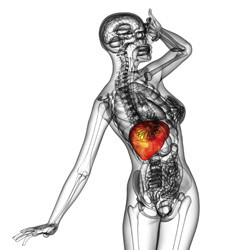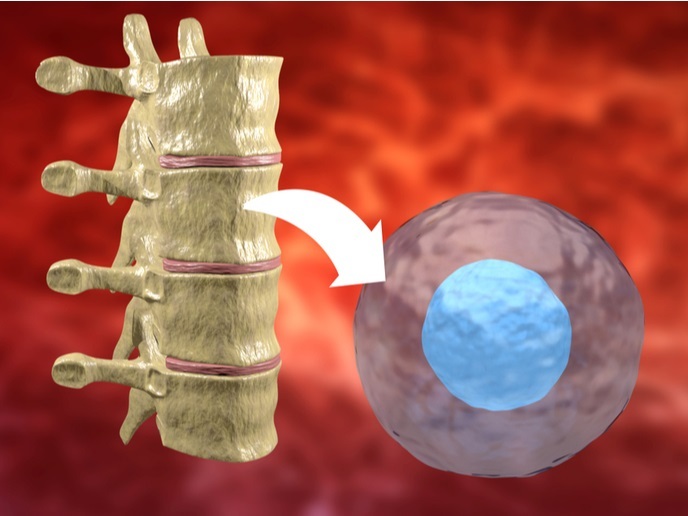Mechanisms of chronic liver inflammation
The KONDEVANS2010 project was dedicated to elucidating liver inflammation mechanisms. The two-year project completed in Germany used a genetic animal model to study the development of chronic liver inflammatory diseases that lead to HCC. Mice with liver cell-specific deletion of NEMO (NF-κB essential modulator) were used. NF-kB is a transcription factor involved in regulation of apoptosis, inflammation, chronic liver disease and cancer progression. The absence of NEMO in hepatocytes triggers chronic inflammation and spontaneous HCC development. The selected animal model closely reproduced all stages of inflammation-related HCC. During the course of the project, targeted examination of specific cellular processes was performed using a combination of mouse genetics and cell biology techniques. High-throughput approaches, such as gene expression microarray, helped to distinguish between the NF-kB–dependent and –independent NEMO functions in liver homeostasis. Subcellular changes resulting from the onset of liver inflammation were observed on liver samples, primary hepatocytes and mouse embryonic fibroblasts. The contribution of autophagy and oxidative stress to hepatocyte death, hepatitis and HCC formation was investigated. A gene expression profile analysis was performed in liver samples to define the processes that are deregulated early on with the onset of inflammation. Morphologic and functional analysis of mitochondria revealed no connection between defective function of these organelles and hepatocellular death. Progressive accumulation of p62 in hepatocytes was studied using both genetic and in vitro approaches. The results suggested that NEMO and autophagy/p62 regulate crucial but independent survival pathways for liver pathophysiology. Analysis showed that stimuli other than death ligands can induce liver damage in the absence of death ligands. Defining the cellular changes occurring in liver inflammatory diseases will assist with the future development of new therapeutic approaches.







